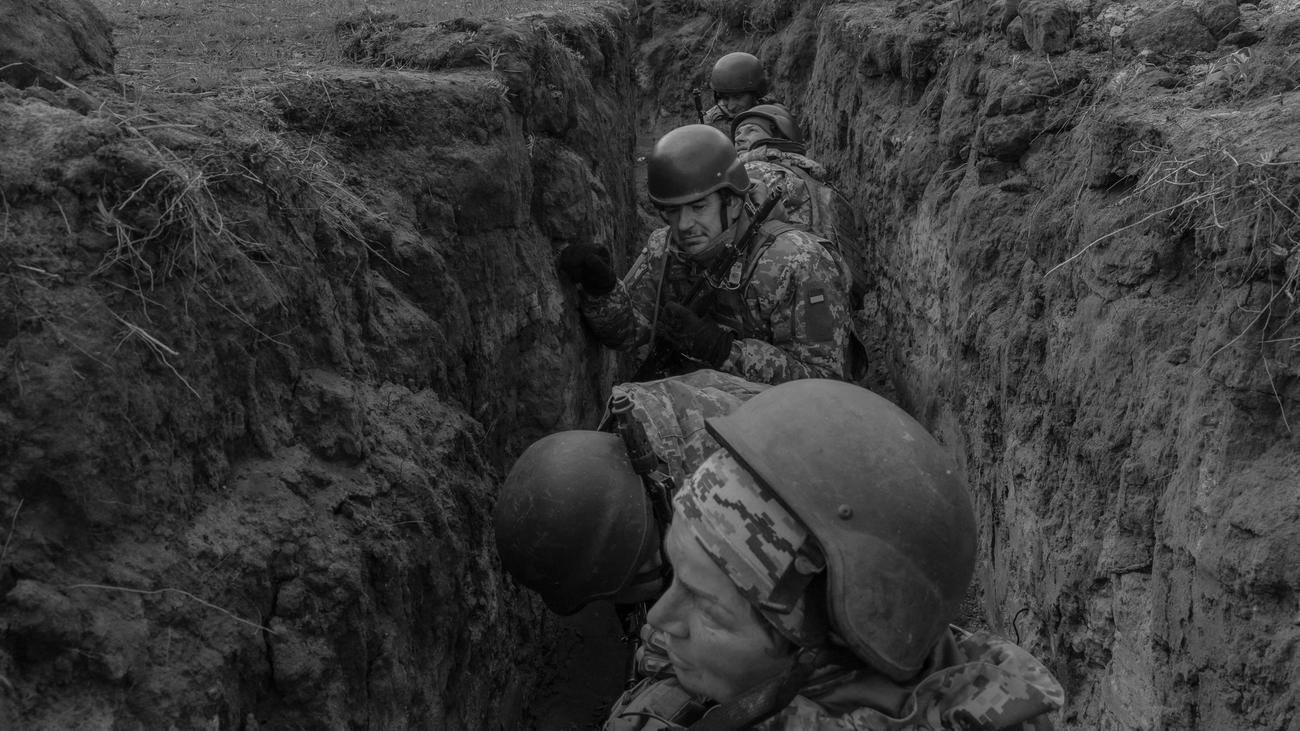Russia-Ukraine War: A Protracted Conflict? Examining the Long-Term Implications
The ongoing conflict between Russia and Ukraine, initially launched in February 2022, has evolved into a protracted war with far-reaching global consequences. While initial predictions of a swift Russian victory proved wildly inaccurate, the conflict shows no immediate signs of ending, raising crucial questions about its long-term implications for geopolitical stability, the global economy, and humanitarian efforts. This article delves into the factors contributing to the war's drawn-out nature and explores potential future scenarios.
The Stalemate on the Battlefield: A War of Attrition
The conflict has largely settled into a brutal war of attrition, characterized by trench warfare and slow, incremental territorial gains. Both sides have suffered heavy casualties and significant material losses.
-
Russia's Challenges: Russia's initial blitzkrieg strategy failed, hampered by logistical shortcomings, underestimated Ukrainian resistance, and Western military aid. While Russia holds territorial advantages in the east and south, its offensive capabilities have been significantly degraded. The mobilization of reservists has also not yielded the expected results, highlighting issues with training and equipment.
-
Ukraine's Resilience: Ukraine's unwavering defense, bolstered by significant Western military and financial aid, has defied expectations. However, the ongoing conflict places immense strain on its resources and civilian population. The country faces continuous bombardment and the ongoing threat of further incursions.
The Role of Western Support
The unwavering support from NATO members and other Western allies has been crucial to Ukraine's ability to sustain the fight. This support includes:
- Military Aid: The provision of advanced weaponry, including tanks, artillery, and air defense systems, has significantly improved Ukraine's defensive capabilities.
- Financial Assistance: Billions of dollars in financial aid have helped Ukraine maintain its economy and support its armed forces.
- Sanctions Against Russia: International sanctions have aimed to cripple the Russian economy, although their full impact remains a subject of ongoing debate.
Beyond the Battlefield: Global Implications
The war's consequences extend far beyond the borders of Ukraine and Russia. The global economy has been significantly impacted by:
- Energy Crisis: Disruptions to global energy markets, particularly natural gas supplies from Russia, have led to soaring energy prices and inflation worldwide.
- Food Security: The disruption of grain exports from Ukraine, a major global breadbasket, has exacerbated food insecurity in many parts of the world.
- Refugee Crisis: Millions of Ukrainians have been displaced, creating a major humanitarian crisis and placing a strain on neighboring countries and international organizations.
Predicting the Future: Scenarios and Uncertainties
Predicting the outcome of the conflict remains exceptionally challenging. Several potential scenarios exist:
- Prolonged Stalemate: The most likely scenario in the near term appears to be a continuation of the current stalemate, with both sides locked in a costly and bloody conflict.
- Negotiated Settlement: A negotiated settlement remains a possibility, but significant obstacles remain, including deep mistrust between the parties and disagreements over territorial integrity.
- Escalation: The risk of escalation, potentially involving NATO members directly, remains a significant concern. Any such escalation would have catastrophic global consequences.
Conclusion: The Long Shadow of War
The Russia-Ukraine war has already left an indelible mark on the world. Its protracted nature underscores the complexity of modern warfare and the profound consequences of large-scale armed conflict. The long-term implications for global security, the economy, and international relations remain uncertain, highlighting the urgent need for diplomatic efforts to find a peaceful resolution. The humanitarian cost, however, is already tragically clear, demanding continued international support and attention.
Further Reading:
- [Link to a relevant article from a reputable news source, e.g., The New York Times]
- [Link to a report from an international organization, e.g., the UN]
Call to Action: Stay informed about the latest developments in the Russia-Ukraine conflict through reputable news sources and advocate for peaceful resolution efforts.
